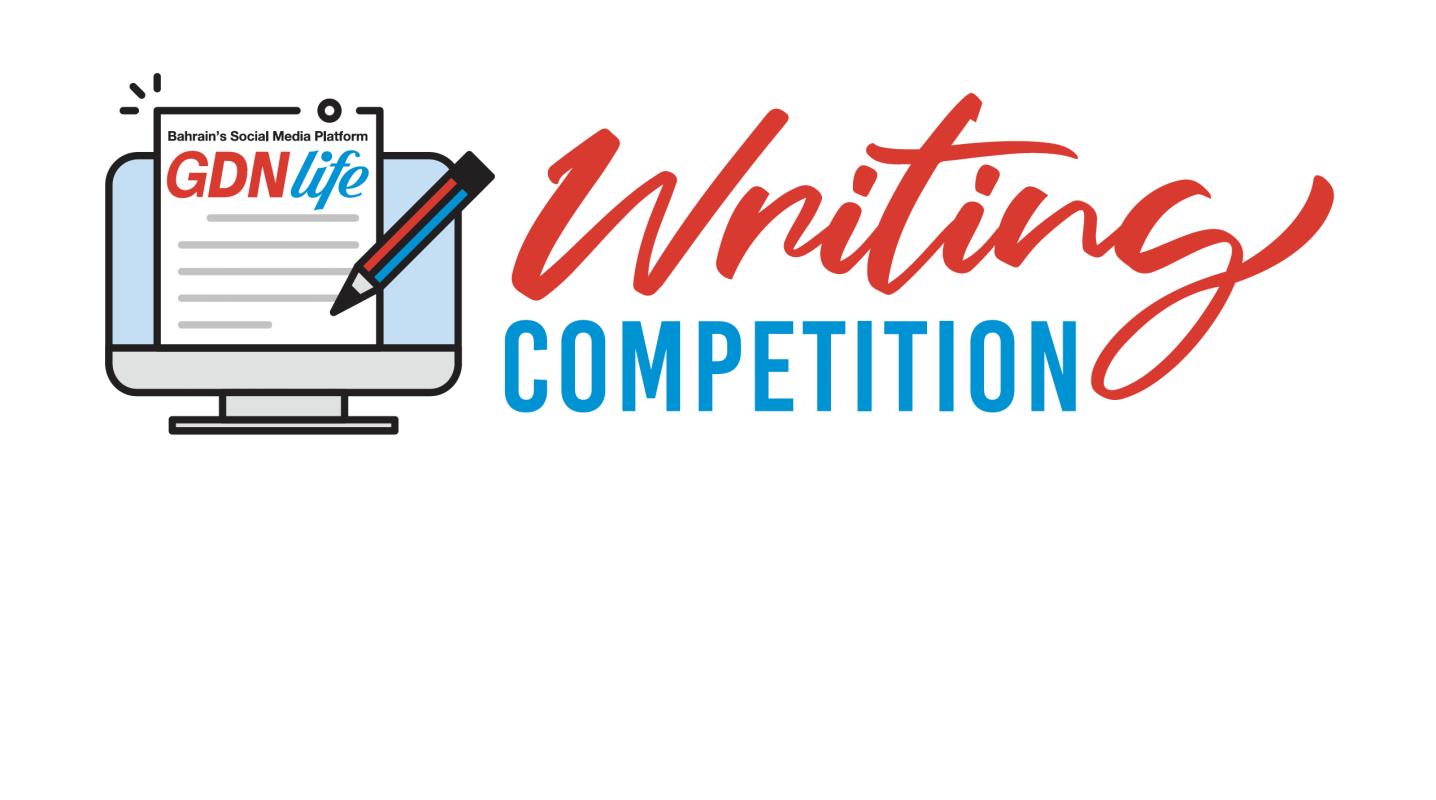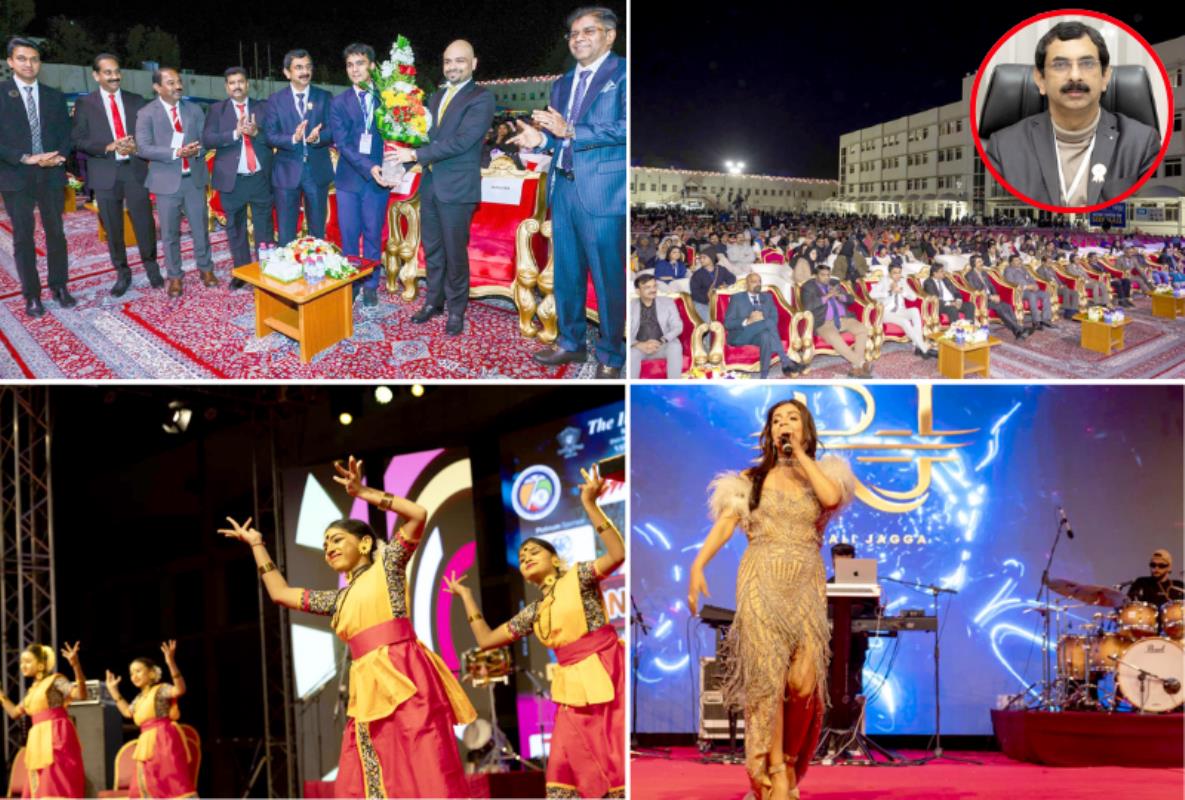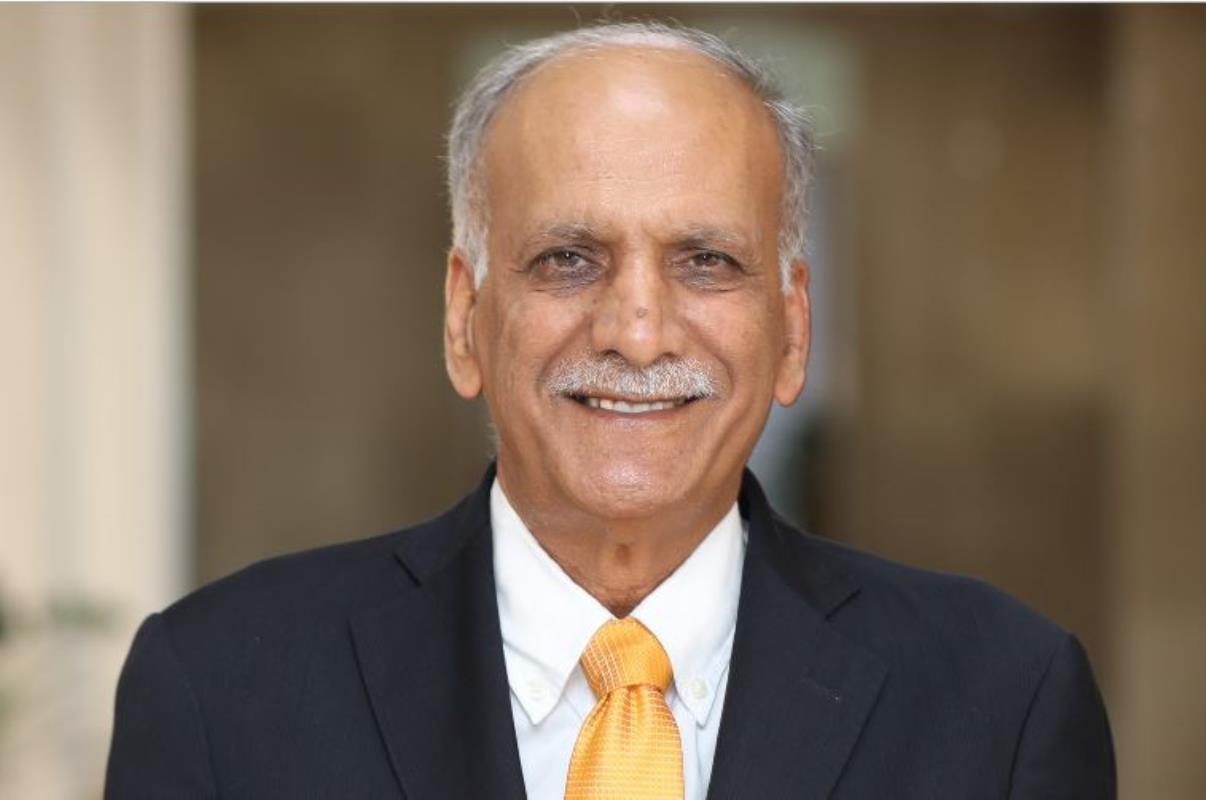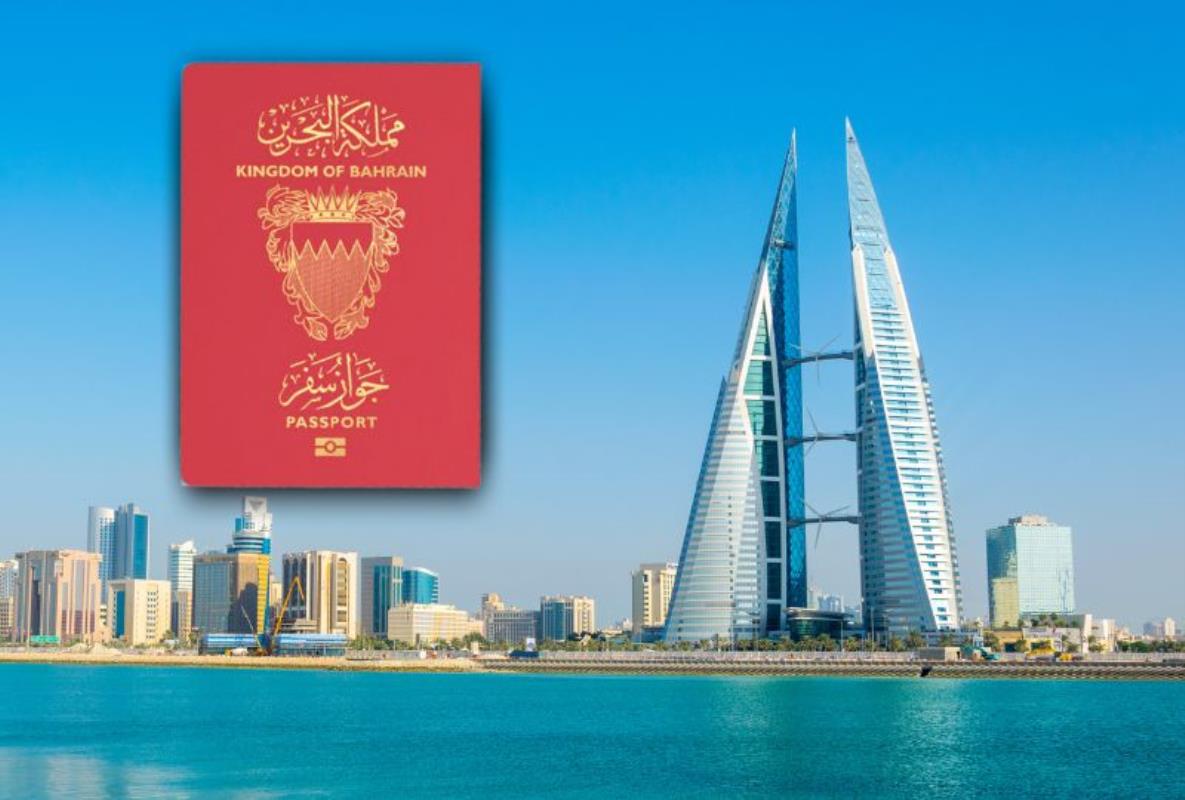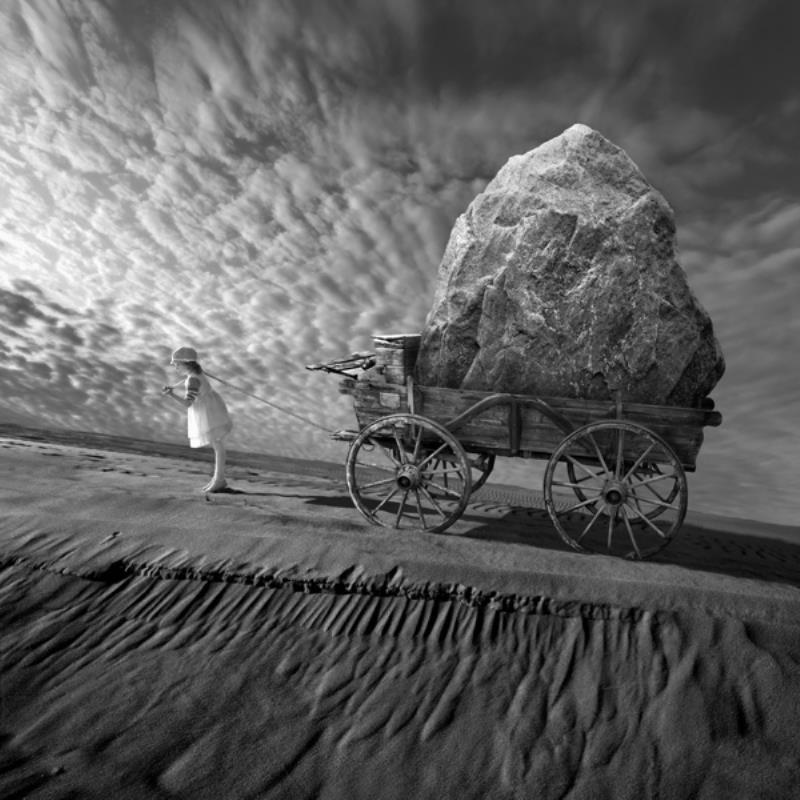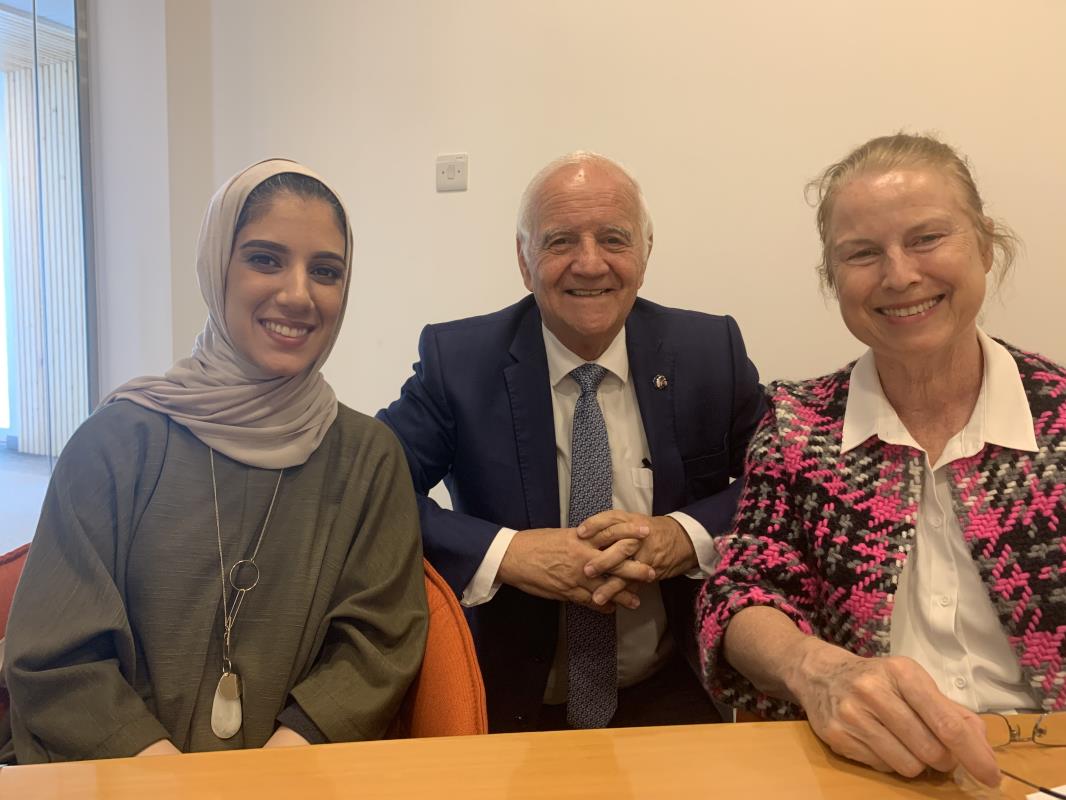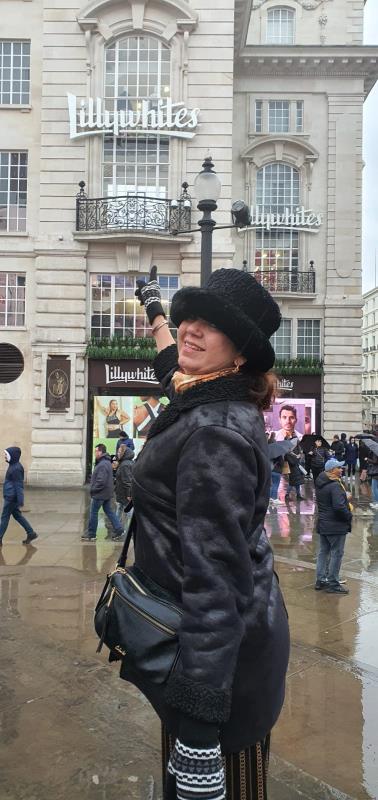Colin Kaepernick’s peaceful protest in 2016 against police brutality divided the nation including facing opposition from his paymasters, the NFL. However his “taking a knee” during the playing of the US national anthem took on added significance with the killing of George Floyd, an image highlighted in a tweet by LeBron James.
This was subsequently picked up by various international sports stars who lent their support, including most impressively from two young tennis stars, Naomi Osaka (22) and Coco Gauff (16).
Lewis Hamilton took his protests to another level, berating his white colleagues along the pitlane for their silence, arguing that it was important that they use their profile as a platform for change.
F1 is a sport that allows its drivers freedom to express themselves, although some may feel restricted by their teams. It is an impressive stance in an era in which we demand greater access to professional athletes, including knowing their innermost thoughts.
And today Manchester City's Raheem Sterling has given his backing to the anti-racism protests gripping the world. The 25-year-old England forward has been integral in tackling the issue and vows to continue to speak out in the hope it will contribute to lasting change.
Speaking on BBC Newsnight, Sterling said: “I know this might sound a little bit cheesy but the only disease right now is the racism that we are fighting.
“This is the most important thing at this moment in time because this is something that is happening for years and years. Just like the pandemic, we want to find a solution to stop it.”
Yet this approach is not universal. The International Olympic Committee (IOC) recently took measures to prevent athletes from making political gestures in the Tokyo Olympics. Guidelines to Article 50 of the Olympic Charter as written by the IOC Athletes’ Commission asks those attending to remain “neutral and free from any form of political, religious or ethnic demonstrations”.
The International Cricket Council has a Code of Conduct that strictly governs players and administrators to ensure behaviour is commensurate with the “spirit of cricket”, aiming to maintain the integrity and popularity of the sport.
MS Dhoni caused controversy in the opening match of the World Cup against South Africa by wearing green keeping gloves inscribed with a dagger logo, part of the logo of the Indian Parachute Regiment (Territorial Army).
Fawad Choudhry, a Minister in Pakistan, complained and the ICC supported his view, banning Dhoni from wearing the insignia again.
In 2014 England’s Moeen Ali was similarly banned from wearing black and white wristbands that read “Free Palestine” and “Save Gaza”. One of the earliest recordings of athletes making a protest came in the chariot races of 532AD when drivers asked the Emperor Justinian to pardon two of their followers. His refusal led to the Nika Revolt and 30,000 deaths.
The 1936 Berlin Olympics saw Jesse Owens protest against Adolf Hitler’s Aryan agenda from his gold-medal winning position.
Mexico City in 1968 saw Tommie Smith and John Carlos take to the podium in black socks and gloves before raising their right fists during the medal ceremony to protest racial discrimination.
Muhammad Ali refused to be inducted into the US Army in 1967 and consequently lost over three prime years of his career.
Players and athletes over the centuries have used their platform to highlight various injustices.
Unfortunately several members of the press have subsequently criticised Hamilton for not speaking out about other political matters.
This is an unfortunately myopic ideology that fails to recognise the difference between events and the rights of athletes to select causes closest to their hearts and those they know most about.
How much should professionals be allowed to say and how do regulators oversee their comments? This was a question faced by the German FA (DFB) after Weston McKennie wore an armband with the message “Justice for George” and Jadon Sancho, Achraf Hakimi and Marcus Thuram “took a knee” after scoring.
Two years ago the English FA fined Manchester City manager, Pep Guardiola, for wearing a yellow ribbon in support of Catalonian independence.
Fifa have recently urged competition organisers to decide whether to sanction players for protest messages, but urging them to “use common sense and have in consideration the context surrounding the events” while also reiterating that “Fifa has repeatedly expressed itself to be resolutely against racism and discrimination of any kind.”
Accordingly the DFB showed leniency, acknowledging the unique circumstances.
The NFL went even further. Initially several high-profile players spoke powerfully in a video message about the systemic racism against black Americans. Never short of an opinion, Donald Trump retorted with a series of tweets instructing all to remain standing an honour the flag, Old Glory.
Commissioner Roger Goodell, representing all 32 club owners, had a decision to make. Four years after Kaepernick first took his stance, the message was this time clear; “We were wrong”. Goodell spoke with emotion and remorse.
This feels like a momentous shift for sportspeople around the world. As social media gives them a louder voice than ever before, expect to hear them use it.
The unfortunate events surrounding the death of George Floyd cannot be undone. However. his legacy will live long with greater freedom afforded to athletes protesting injustice.




































